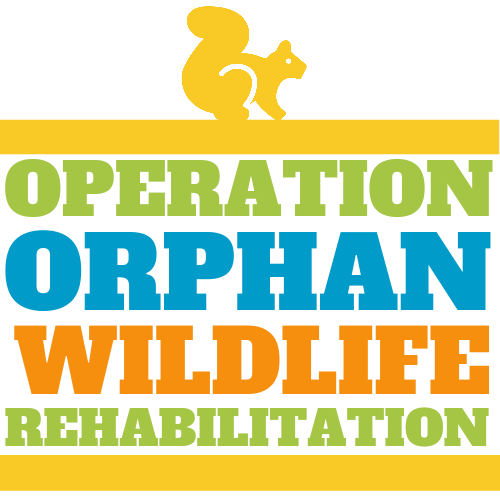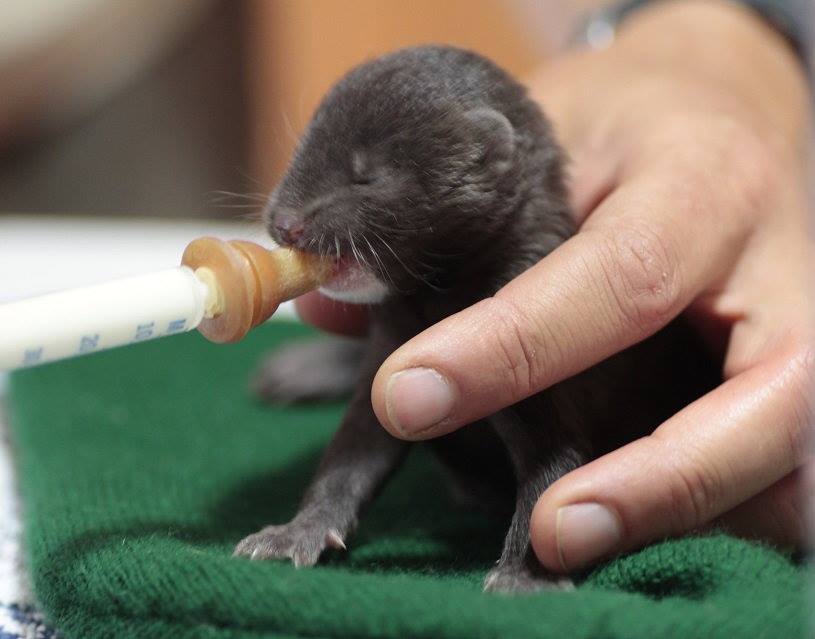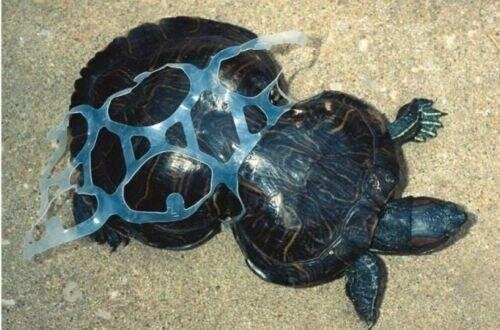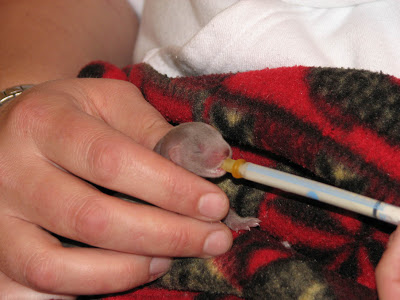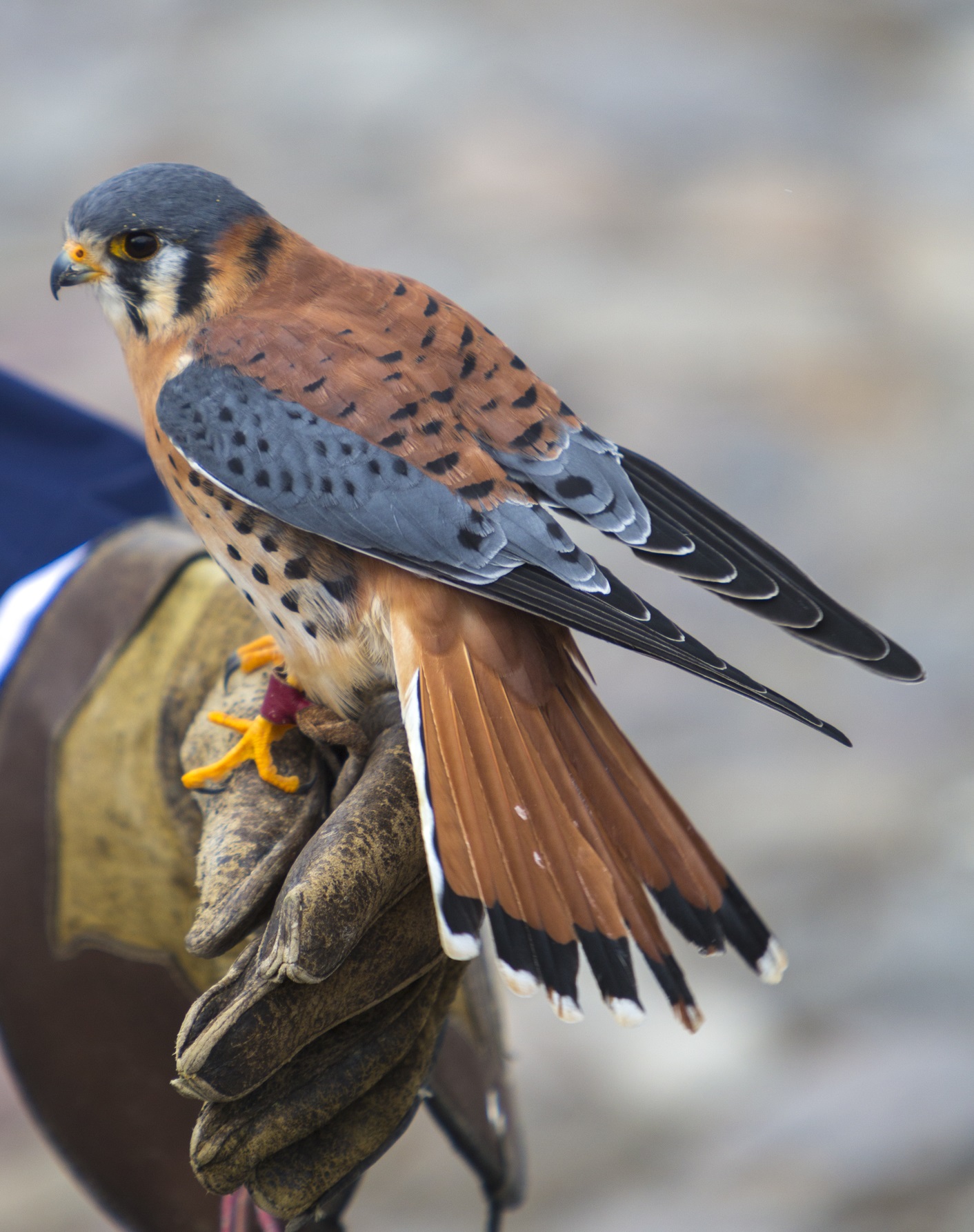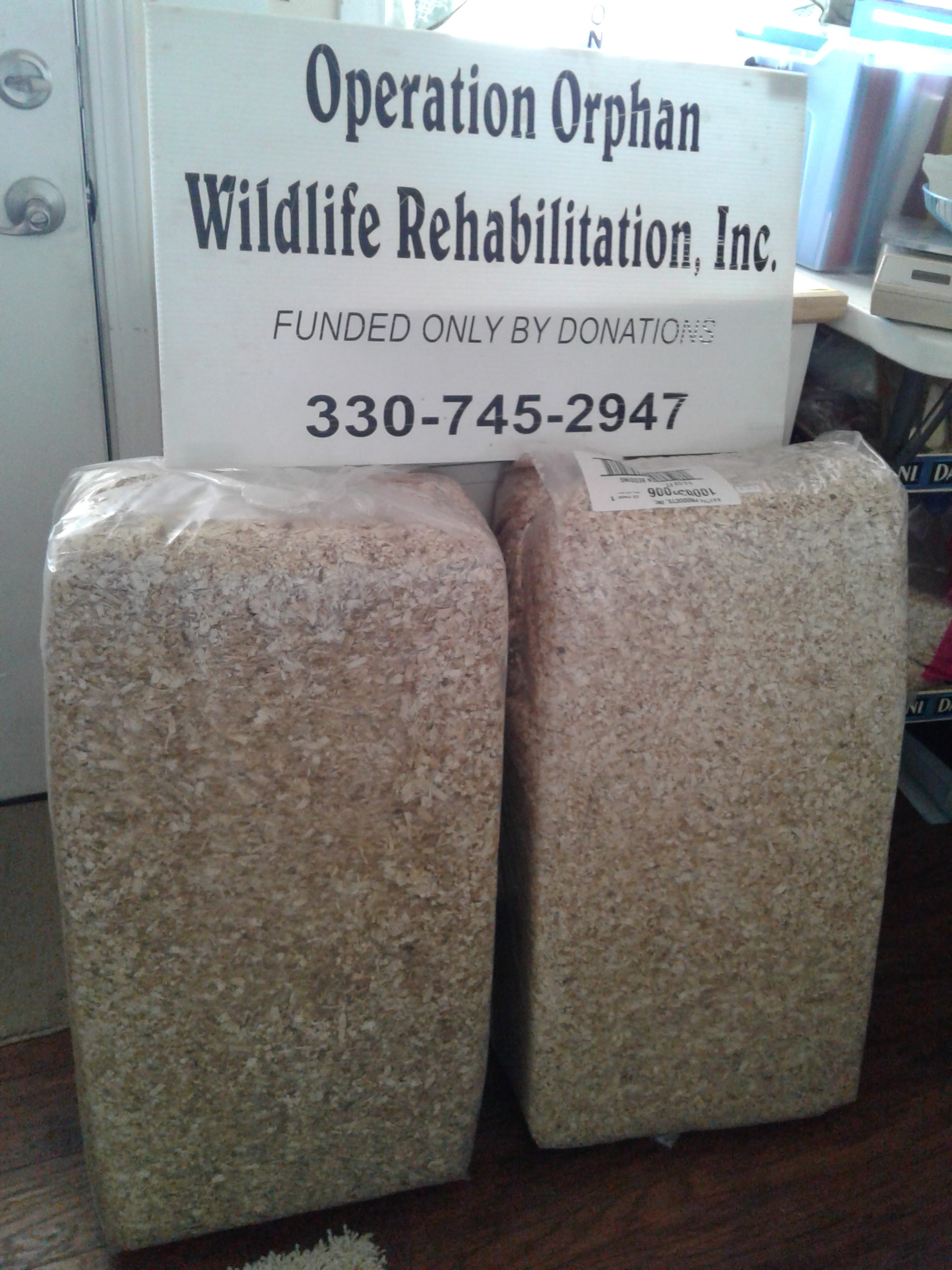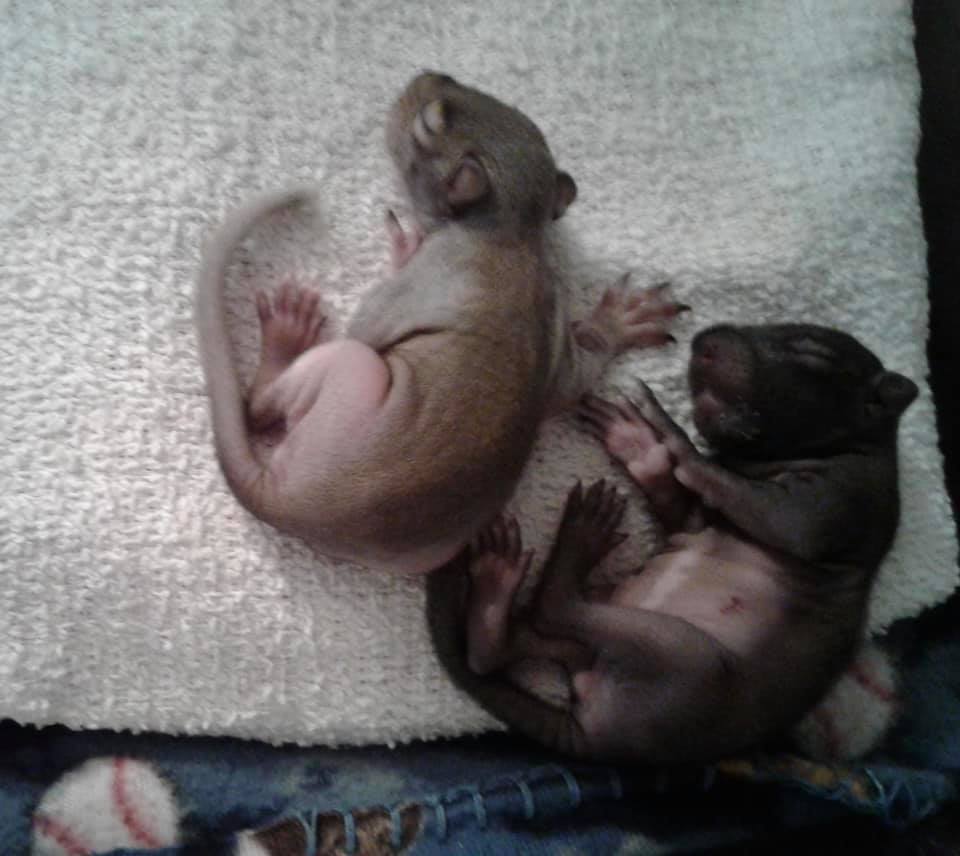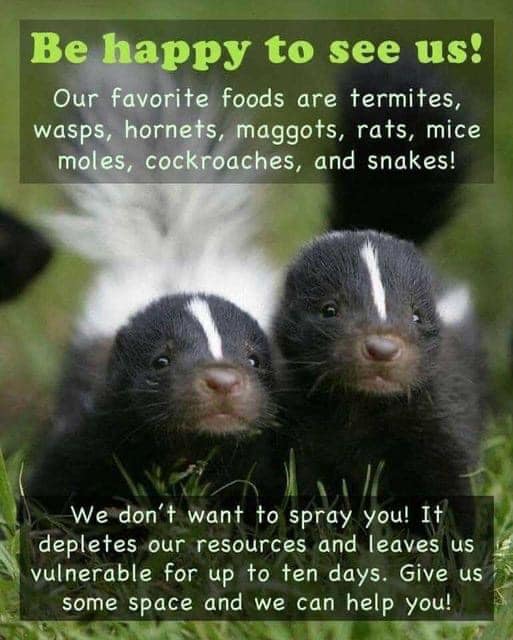Baby Season
This week, I wanted to address an important upcoming event… BABY SEASON!!!!
It will be here before I know it, especially with the unseasonably warm weather that we are having. Baby season is my busiest season by far and recently, that season has started earlier and lasted longer than ever. (That is a whole different topic).
When you come by a baby animal in the wild and it’s all by itself, your first thought may be that it is an orphan. NOT SO TRUE! At least 85% of the time, they are not! You may not see mom but most of the time she is not far away and secretly watching you.
Below you will find helpful information on what to do and not do when you come across baby wildlife.
SQUIRRELS
Baby squirrels are always the first babies to be brought to us. Often it is the result of cutting down trees that have nests. If this happens to you or are witness to it, here are a few steps that can help in the survival of the babies:
KEEP IN MIND: Mom has just had the packing scared out of her. She will not return to the area until she knows you are gone and things have settled. If after time has passed and she has not recovered her babies, contact a wildlife rehabilitator.
- If you are able, stop working and leave the area for a couple of hours. The mother will not come to her babies if humans are around.
- If you are not able to stop working, place the babies in a box with a bottle (just about any pop or water bottle will do) filled with hot water wrapped in a towel next to them to keep them warm.
- When you are finished working, take some of the nesting material and place it where the tree used to be. Place the babies and a wrapped bottle of hot water in the nesting material and leave the area for 2 or 3 hours. IMPORTANT: Warmth for babies, especially those that have not opened their eyes, can be a matter of life and death.
If the squirrels are in your house and you know where the nest is do the following:
- When mom is out getting food, seal the spot where she is gaining entry.
- Then place the babies in a low box with a bottle of hot water and place them outside close to where the entrance for mom was.
- Here again, give it a couple of hours and she will move her babies. Don’t worry that you just took their home, a neat thing about squirrels is, they always have two nests and mom will simply relocate because any time they feel the babies are in danger, they will move to the second nest to keep them safe.
RABBITS
Wild rabbits will build their nests in the most ridiculous places. We find them in the middle of a yard, the middle of a ball field, and even under swing sets. If you happen upon a nest, LEAVE IT ALONE!!!
YOU DO NOT WANT HUMAN SCENT ON THE NEST. Will it make mom stay away? Not necessarily. What will happen is that predators will be more likely to find the nest by your scent and thus the babies.
Bunnies open their eyes at ten days and at twelve will begin to come out of the nest to graze. Often, because they are so tiny when seen by people they are assumed to be orphaned or in trouble. NOT SO! They are doing just what they are supposed to be doing.
Here’s some helpful i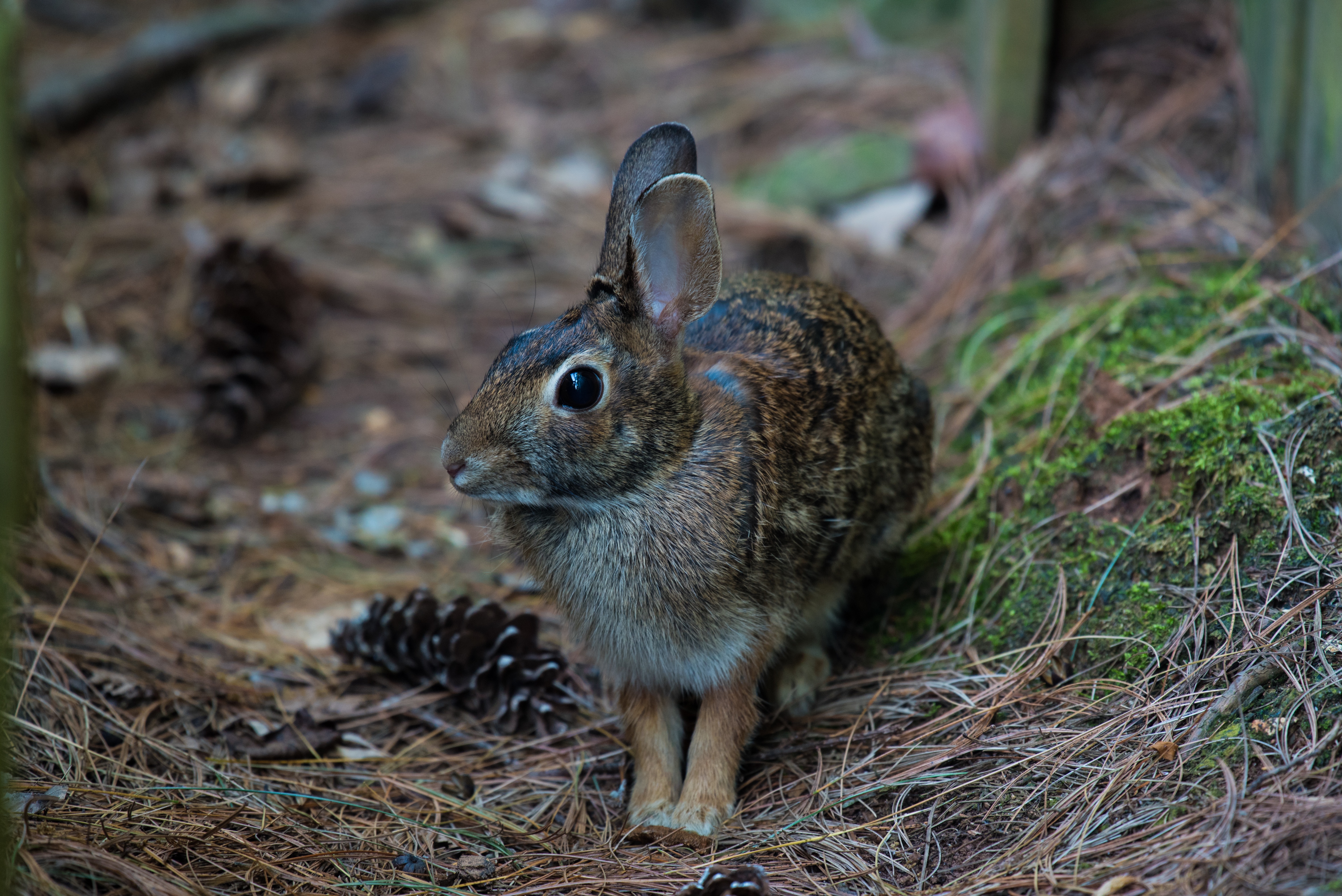 nformation on what to do:
nformation on what to do:
- If your dog or cat discovers a nest, please do what you can to keep them away from the nest. bunnies grow up fast and you will not have to control your pet for very long.
- if you have a brush pile that you intend to burn, please check under it before doing so. Every year I receive at least one litter that suffers burns because their nest was under a brush pile that was set to fire.
- If you run over a nest with a mower, the babies with eyes closed will squat and freeze in the nest. Those with eyes open will tend to jump up and take off running. Sometimes they are successful, sometimes they are killed or injured. If injured, call a rehabilitator.
- If they do make it out, DO NOT CHASE THEM! Take a rake and rake as much of the nest material as possible over the nest and leave it alone. They know where their nest is and when you leave, they will go back.
FAWN
If you see a fawn in your yard, UNDER NO CIRCUMSTANCES SHOULD YOU APPROACH IT OR TOUCH IT. It is not an orphan unless it has been roaming for 6 to 8 hours and constantly crying. Mothers place their fawns in places they feel are safe. At times that can mean your flower bed or right up against your house.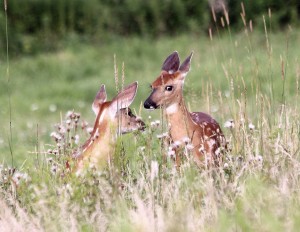
For the first month of its life, the fawn has no odor. A coyote can pass within inches of a fawn and never notice, that is unless you have touched it or trampled around it, then the coyote may find it rather easily. Mom will not be very far away and will likely see you even though you will not see her. If she catches scent of you or any predator, she leaves so as not to attract anything to her fawn. If she were to stay close, a predator would be drawn in and the fawn’s cover would be blown. At about a month old, the fawn will start to follow mom. Best thing for you to do, is sit back and enjoy the gift.
RACCOON
Raccoons are PROHIBITED FROM BEING REHABILITATED in 14 counties in Ohio. (Summit is one of them) Nor may they be taken across county lines. If you find there are raccoons nesting in your house, they need to be removed ASAP!
- Find out where mom is getting in and when she is out, seal off the entry.
- Then place the babies in a low box and like the squirrel, place a wrapped bottle filled with hot water in with them.
- Put the box close to the entry point you sealed. This will all mostly happen at night as raccoons are nocturnal.
- If you find a baby that has fallen from a tree and the eyes are still closed, put it in a box with the covered water bottle filled with hot water. Place the box at the base of the tree and usually mom will get the baby sometime after dark and return it to the nest.
OPOSSUM
Here is the exception to the rule! If you find a baby opossum alone, call a rehabilitator.
When I receive a call about a baby opossum, I know it is orphaned. They are the only marsupial (carry babies in a pouch) in North America. Babies that are not in trouble are always with mom until they are at least three months old. Without mom, they will not survive unless taken to a rehabilitator.
- If mom is dead and the babies are still in the pouch get a firm grasp of the baby and pull until they release from the nipple. DO NOT CUT THE NIPPLE! When they are born, an opossum is no bigger than a honey bee and they suck a string like nipple thru a pin hole mouth. Once they have the nipple, it swells so they do not lose it and will stay attached for the first two months of their life.
- Here again, if you have a baby, it must be kept warm, use the same concept as with squirrels with the box and hot water.
Many people have no lost love for opossum. They do, however, have their purpose. They eat dead animals and those often have diseases. They don’t contract those diseases, they do prevent the spread by cleaning things up.
Please enjoy our wildlife and if you think they are in trouble, make a phone call to a rehabilitator BEFORE you touch any animal. It may be what saves the babies life. We will talk more about birds in another post.
PLEASE SHARE and help educate others on what to do during baby season, Thank you!
Copyright 2017 Fran Kitchen
Operation Orphan Wildlife Rehabilitation Inc is a 501(c)3 Non-Profit Organization and does not receive federal funding. We are supported entirely through private donations, memberships, and proceeds from our education programs. To Donate visit our website here.
